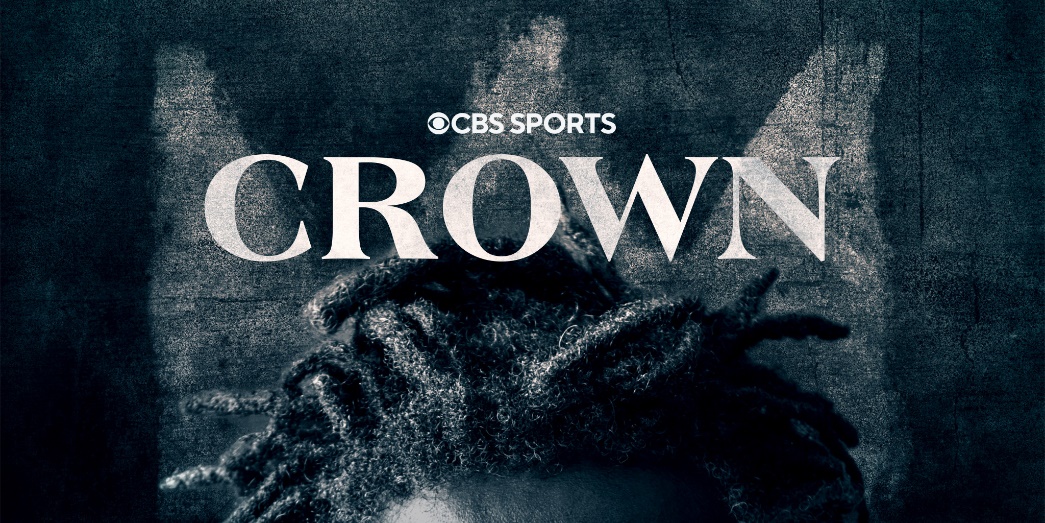(ThyBlackMan.com) There is no doubt that African/Black hair is very special and unique. The ability to wear African hair in an incredible number of ways from afros to fades to locs to cornrows to many other unique styles speaks to the beauty and diversity of African people in the U.S. and throughout the globe. Because professional and collegiate sports feature large numbers of African/Black people of various backgrounds, when watching a sporting event, a sports fan can view African/Black athletes with a variety of different, varied hairstyles even on the same team. The recent release of documentary, Crown, directed by Sarah Kazadi-Ndoye of CBS Sports, takes a look at Black hair throughout the history of sports.
The documentary “CROWN features iconic athletes – past and present – whose hair styles changed the game and helped Black Americans live authentically by embracing their hair. Featured interviews include NBA Hall of Famer Julius “Dr. J” Erving, three-time Olympic gold medalist Jackie Joyner-Kersee, seven-time WNBA All-Star and WNBA champion Nneka Ogwumike, three-time NBA champion A.C. Green, NFL Hall of Famer Edgerrin James and three-time NFL All-Pro and Super Bowl champion Tyrann Mathieu.”

Narrated by CBS Sports’ NFL TODAY analyst Nate Burleson, the documentary starts with the voice and face of former high school wrestler Andrew Johnson, the African/Black wrestler who gained nationwide attention years ago when forced to cut his hair prior to a 2018 match. The video accompanying the pain and emotion that Johnson felt as it displays him getting his locs cut in shame and anger definitely sets a strong tone for the rest of the documentary.
It would be a mistake to view Crown as just a “sports” documentary. The link to African hairstyles in the U.S. and Africa is obvious but the documentary doesn’t go into much detail regarding Africa, which is disappointing. It does briefly dive into some history of how African hair has been viewed in the U.S. since slavery including how it was cut upon arrival in the U.S. to strip enslaved Africans of their African identity and heritage. One of the biggest contributors to the dialogue of Crown is author Ayana D. Byrd, who wrote “Hair Story: Untangling The Roots of Black Hair In America”. Byrd notes the “versatility and the creativity we’ve brought to how to style our hair has made it a source of artistry”.
The documentary does a good job of linking the politics of African/Black hair since the 1960s with the Civil Rights Movement and Black Power Movement including what the “afro” hairstyle symbolized. From a sports standpoint, getting the perspective of one of the most famous afros in sports history, basketball legend, Julius “Dr. J” Erving was necessary as he described how it represented more than just hair for him. The documentary touches on some of the most high-profile examples of African/Black hair identity of African/Black athletes of the past 40 years from the unique, juicy “jheri curl” of former NBA player A.C. Green, the cool baldness of Michael Jordan, the cornrows of Allen Iverson representing his authenticity, and the history-making tandem Serena and Venus Williams wearing beads in their hair and not shying from their identity in the classist sport of tennis.
A good portion of the documentary also covers The CROWN Act, which stands for “Creating a Respectful and Open World for Natural Hair,” is a law that prohibits race-based hair discrimination, which is the denial of employment and educational opportunities because of hair texture or protective hairstyles including braids, locs, twists or bantu knots. This is a quality documentary that should be seen by more than just sports fans that does a solid job of looking at the politics of African/Black hair in a society where European/white hairstyles are viewed as the norm.
Staff Writer; Mark Hines

















Leave a Reply